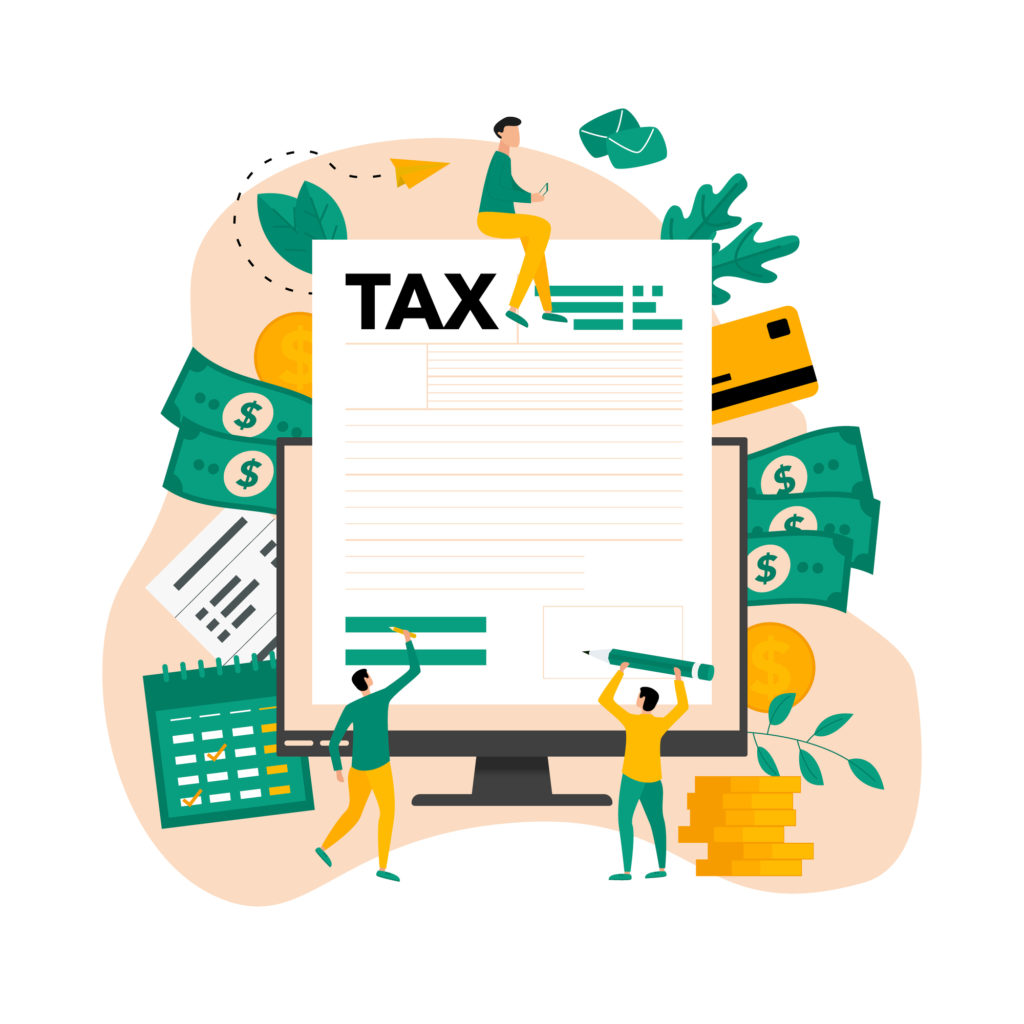 In early January 2023, the Fair Tax Act of 2023 was introduced in the House. While the measure is a ‘looong’ way from enactment and may never come to pass, there is a growing amount of conversation about it. To join it, you need to know what it’s all about. Here are some points to help you understand how a fair tax would affect your business.
In early January 2023, the Fair Tax Act of 2023 was introduced in the House. While the measure is a ‘looong’ way from enactment and may never come to pass, there is a growing amount of conversation about it. To join it, you need to know what it’s all about. Here are some points to help you understand how a fair tax would affect your business.
Overview
A fair tax, the concept of which was first introduced in 1999, would be a national sales tax on the use or consumption of taxable property and services. It would replace the federal:
- Income taxes
- Social Security and Medicare taxes (FICA and self-employment tax)
- Unemployment taxes
- Gift taxes
- Estate taxes
The tax would be collected by the states and remitted to the federal government. The revenues would be allocated at the federal level to the general revenue as well as the components of Social Security and Medicare taxes.
The IRS would be eliminated, but expect a new agency to be created to oversee the new tax rules. The states would receive some payment for its duty to remit collections to the Treasury.
Particulars
Technically, the national sales tax rate would be 23%. However, due to how it gets figured, it works out to roughly 30¢ for every dollar spent. It would not be imposed on the purchase of used goods.
Each individual would receive a monthly sales tax rebate, labeled the Family Consumption Allowance or “prebate.” Some call it a universal basic income. The amount would depend upon family size and poverty guidelines.
Federal excise taxes, which currently account for about 3% of all federal revenue, would not be eliminated. Today, excise taxes primarily fall on 4 things: sales of motor fuel (currently 18.4¢ on gasoline at the pump; 24.4¢ on diesel), airline tickets, tobacco and alcohol, and certain health-related goods and services (e.g., the employer mandate penalty on applicable large employers that do not provide affordable minimum health coverage to full-time employees). Note to historians: prior to the 16th Amendment, excise taxes were the only revenue raisers for the federal government.
Impact on businesses
The good news for business is a simpler tax scheme…no accountants required to compute tax, deposit funds, file returns, and handle audits. Businesses would be able to pay wages without regard to payroll costs. FairTax.org says a fair tax “dramatically improves the economic environment or small businesses. It reduces compliance costs and tax burdens and improves bottom line profits.”
Businesses could see increased revenues if, as projected, taxpayers have more income to spend because it isn’t diminished by income and other federal taxes. In other words, consumer spending could rise.
Will retailers currently collecting state and local sales tax have an added burden? Obviously, retailers in states that currently don’t have a sales tax will have to begin collections. However, the Fair Tax Act would pay retailers a fee of ¼ of 1% of the federal sales tax they collect and remit.
Businesses will not be taxed on funds they retain and reinvest in their businesses.
It remains to be seen what will or will not be part of the tax base for the fair tax. As the saying goes, the devil is in the details, all of which hasn’t been worked out. For example, it is expected that business purchases would be exempt from the tax because their sales would be. To tax both “input” and “output” would effectively be a double tax. In effect, small businesses wouldn’t pay the national sales tax on business-to-business purchases used for the production of goods and services.
Final thoughts
It’s debatable whether the proposed national sales tax rate is sufficient to replace current tax rules and maintain revenue levels. The discussion may encompass solutions to looming insolvency for Social Security and Medicare. There are no guarantees about how the tax will operate. For instance, once the national sales tax scheme is in place, the rate could be raised by Congress at any time. Under the proposed measure, unless the 16th Amendment to the U.S. Constitution (the one authorizing an income tax) is repealed within 7 years of enactment of a fair tax, the national sales tax would terminate.
Do I think the Fair Tax Act has any chance of enactment? No. There are economic studies in favor of and opposing a national sales tax. Still, but it’s interesting to talk about and an attempt to solve pressing revenue issues at the federal level.


